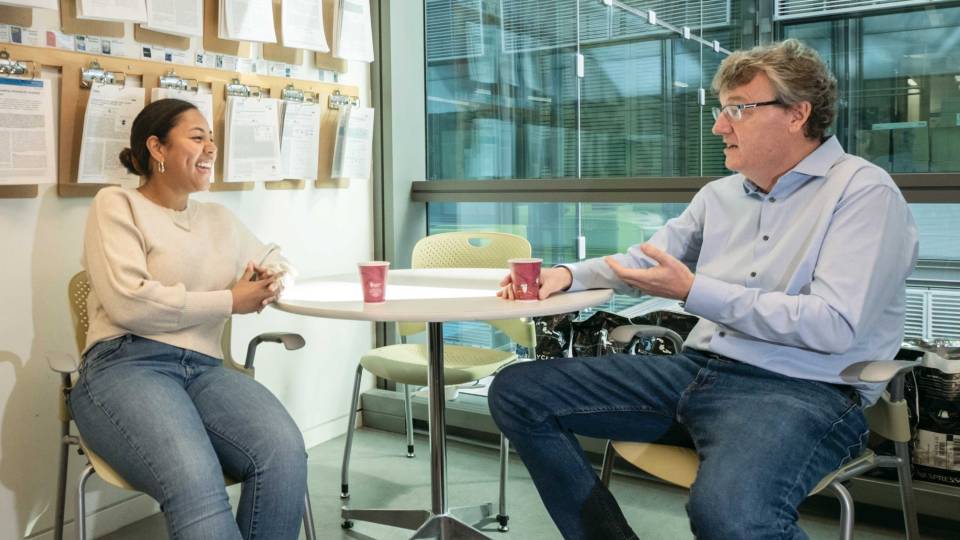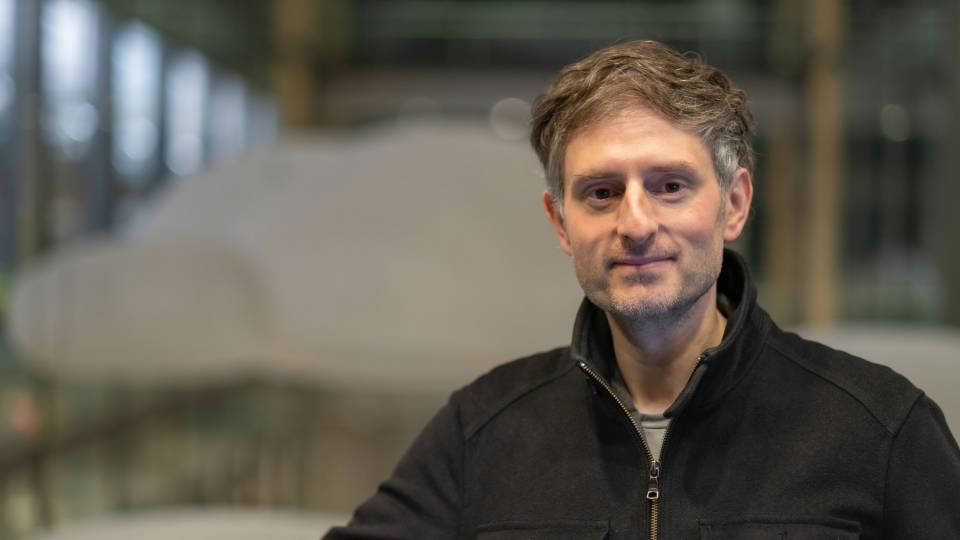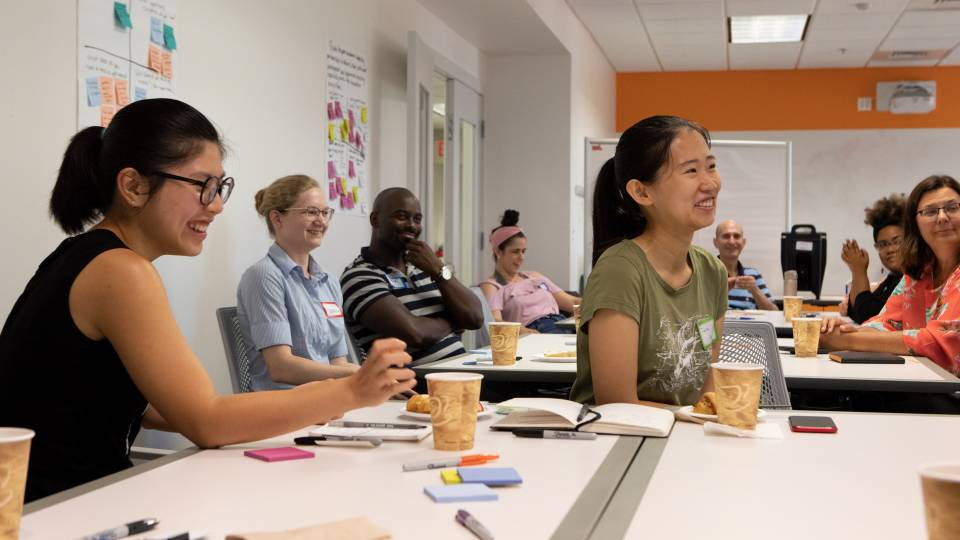Brooke Johnson
Brooke Johnson, a third-year graduate student at Princeton who works with Mohammad “Mo” Seyedsayamdost, an associate professor of chemistry, answered questions about her journey from being a first-generation college student to earning her Ph.D. at Princeton. This has been abridged from the original interview published as part of the Department of Chemistry's Profile series featuring its faculty and students.
How did you decide to study chemistry?
Ever since taking high school chemistry, it’s been really interesting to me just how fundamental and intuitive the subject is. I’ve always had broad interests and I feel like chemistry is at the intersection of many of them. I think that’s one of the reasons I stuck with it. I was a varsity student athlete as an undergraduate at Rice. Taking freshman chemistry, my teammates and I would study for chemistry exams as we ran track. We would talk about the concepts and how one builds on the other.
What is it like coming from Houston to Princeton?
It is a big question because my family is all in Houston. My parents were born and raised in Houston. I was born and raised in Houston, and went to undergrad just half an hour from my house. Houston and Princeton both sort of move slowly; they’re not really busy cities. That gives me a lot of time to reflect and just think, and kind of explore at my own pace and have conversations with people.
What persuaded you to pursue your doctorate at Princeton's Department of Chemistry?
I knew Princeton was going to be a really good place for me because of my goal to work in higher education. Because Princeton is predominantly an undergraduate university, I knew that, in addition to doing really rigorous science, I could explore some of my other interests. For example, this year I’m a resident graduate student for students interested in the humanities and the creative arts at one of the undergraduate residential colleges. Who would have thought of that position for someone in chemistry?
How did you choose Professor Mo Seyedsayamdost’s lab?
A very important question I asked graduate students during my first visit was, if you weren’t in the lab you’re in now, which lab would you join? A few people said the "Mo lab." After meeting him, I felt he could draw out some of my strengths. For example, I knew I wanted to be transparent and communicative and say whenever I’m struggling in the lab. I wanted that trust to be there. The fact that Mo was so approachable, I thought, "Okay, this is a good space."
What’s important to consider before joining a lab?
Think about how your strengths and weaknesses would fit in. Grad school is such an opportunity to make discoveries and do something that’s never been done before. In addition to learning science, it’s really learning about yourself, learning about your advisor and learning how you all work together. As for my experience as a first-generation college student and an African American, one thing I heard in orientation my first year was that if you’re a minority student you may have feelings of “Do I belong?” more often and more intensely [than non-minority students]. This has been a good thing for me to remind myself of often: Many people feel this way, but you might feel this way more.
Any plans for what you’ll do once you earn your Ph.D.?
My interests definitely lie in teaching. To be honest, last year being a preceptor was very difficult because I had so much autonomy, and I struggled with perfectionism. I’ve never had a teacher who looks like me, and here I was leading these students in “Gen Chem.” I had imposter’s syndrome as a teacher. But I still have this passion for teaching, and I really enjoyed seeing my students understand the concepts — seeing them get it.
Do you have any advice on how to maximize your time at Princeton?
I feel like being self-aware is really important to maximizing your time. I consider myself a very curious person, so I enjoy taking advantage of the many opportunities and resources that Princeton offers. Even though it is tough to do these days, bonding with colleagues goes a long way. For the most part, now I just realize how blessed I am to be in this position, making discoveries, learning about myself, having a job during a pandemic — especially during a time like this when people are losing their jobs. You just don’t want to take anything for granted. It will go by fast.







